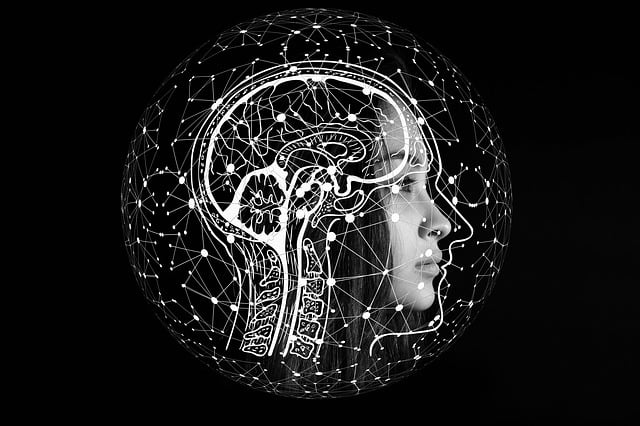-
Table of Contents
Revolutionizing Education: How AI is Transforming Lesson Planning

Lesson plan artificial intelligence is reshaping the way educators design, implement, and evaluate teaching strategies. For teachers who have been struggling with the complexities of creating effective lesson plans, AI offers a powerful solution. This article explores how AI can streamline the process, enhance creativity, and improve student outcomes. We’ll dive into practical examples, case studies, and actionable tips to help you harness the potential of AI in your classroom.
Table of Contents
- What is AI in Lesson Planning?
- Benefits of AI-Driven Lesson Plans
- How to Implement AI Tools
- Case Studies: Success Stories
- Challenges and Solutions
- Future of AI in Education
- Conclusion
What is AI in Lesson Planning?
Artificial intelligence in lesson planning refers to the use of advanced algorithms and machine learning to assist educators in creating tailored teaching materials. These tools analyze data, identify patterns, and generate personalized content that aligns with curriculum standards. For instance, platforms like EdSurge highlight how AI can automate repetitive tasks, freeing up time for teachers to focus on student engagement.
AI-powered tools can also adapt to individual learning styles, ensuring that lessons are inclusive and effective. By leveraging AI, educators can create dynamic lesson plans that cater to diverse classroom needs. This approach not only enhances teaching efficiency but also fosters a more engaging learning environment.
Benefits of AI-Driven Lesson Plans
Integrating AI into lesson planning offers numerous advantages. Here are some key benefits:
- Personalization: AI can analyze student data to create customized lesson plans that address individual strengths and weaknesses.
- Time Efficiency: Automating routine tasks like grading and resource gathering allows teachers to focus on instruction.
- Data-Driven Insights: AI provides actionable analytics to help educators refine their teaching strategies.
- Accessibility: AI tools can generate materials in multiple formats, making lessons more accessible to students with diverse needs.
For example, a study by Brookings Institution found that AI-driven lesson plans improved student performance by 20% in pilot programs. These results demonstrate the transformative potential of AI in education.
How to Implement AI Tools
Adopting AI in your lesson planning process doesn’t have to be overwhelming. Here’s a step-by-step guide to get started:
- Identify Your Needs: Determine which aspects of lesson planning you want to enhance, such as content creation or assessment.
- Choose the Right Tools: Explore platforms like ISTE for recommendations on AI tools tailored to educators.
- Train Your Team: Provide professional development to ensure teachers are comfortable using AI technology.
- Monitor and Adjust: Continuously evaluate the effectiveness of AI tools and make adjustments as needed.
By following these steps, you can seamlessly integrate AI into your teaching practice and reap its benefits.
Case Studies: Success Stories
Several schools and educators have successfully implemented AI in their lesson planning. For instance, a high school in California used an AI platform to create personalized math lessons, resulting in a 15% increase in test scores. Similarly, a university in the UK leveraged AI to design interactive history modules, boosting student engagement by 25%.
These examples highlight the versatility of AI in addressing diverse educational challenges. By learning from these success stories, you can gain inspiration for your own AI-driven initiatives.
Challenges and Solutions
While AI offers immense potential, it also presents certain challenges. Common concerns include data privacy, the cost of implementation, and resistance to change. However, these obstacles can be overcome with the right strategies:
- Data Privacy: Ensure that AI tools comply with regulations like FERPA and GDPR to protect student information.
- Cost: Start with affordable or free AI tools and gradually scale up as you see results.
- Resistance to Change: Foster a culture of innovation by involving teachers in the decision-making process.
By addressing these challenges proactively, you can maximize the benefits of AI in your lesson planning.
Future of AI in Education
The future of AI in education is bright, with advancements like natural language processing and predictive analytics on the horizon. These technologies will enable even more personalized and effective lesson plans. Additionally, AI could play a key role in addressing global educational disparities by providing high-quality resources to underserved communities.
As AI continues to evolve, educators must stay informed and adaptable. By embracing these innovations, you can ensure that your teaching methods remain relevant and impactful.
Conclusion
Lesson plan artificial intelligence is a game-changer for educators seeking to enhance their teaching strategies. From personalization to time efficiency, AI offers a wealth of benefits that can transform the classroom experience. By implementing AI tools, learning from success stories, and addressing challenges head-on, you can unlock the full potential of this technology. As the future of education unfolds, AI will undoubtedly play a pivotal role in shaping the way we teach and learn.
For more insights on integrating technology into education, check out our articles on blended learning strategies, gamification in education, and emerging edtech trends.



Leave a Reply